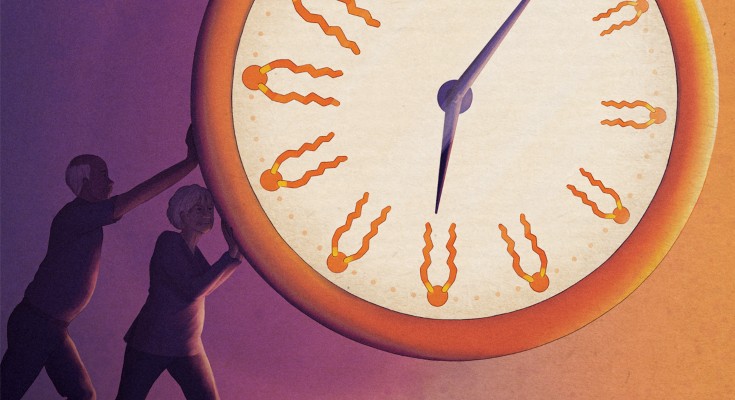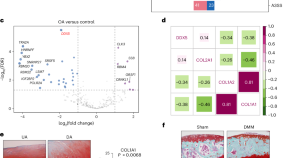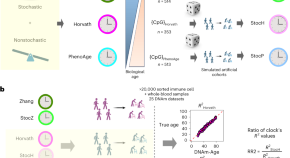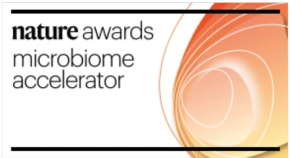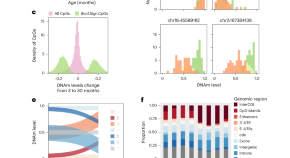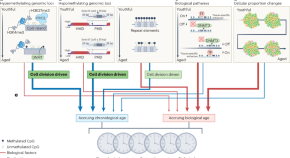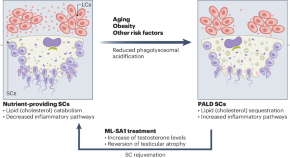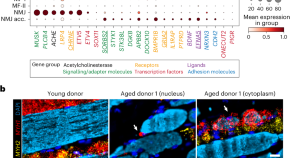Featured

Announcements
-
-
-
-

Progress towards the Sustainable Development Goals
Open for submissions
Advertisement
-
-
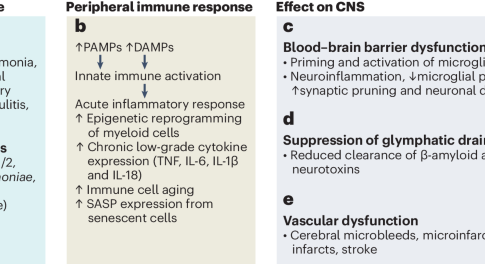
Severe infections as a gateway to dementia
A study in Nature Aging on electronic health records from 1.7 million people in New Zealand reveals that most patients with dementia have a history of hospital-treated infection. In a dementia-free population, individuals with a severe infection were at a threefold-higher risk of dementia even 25 years later.
-
-
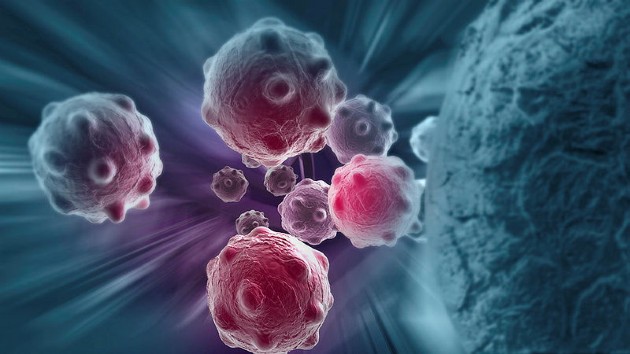
Cancer and aging
This cross-journal Collection invites original research that explicitly explores the role of aging in cancer and vice versa, from the bench to the bedside.
Trending - Altmetric
-
Disparities in the pace of biological aging among midlife adults of the same chronological age have implications for future frailty risk and policy
-
Aging clocks based on accumulating stochastic variation
-
Quantifying the stochastic component of epigenetic aging
-
Targeting the biology of aging with mTOR inhibitors

